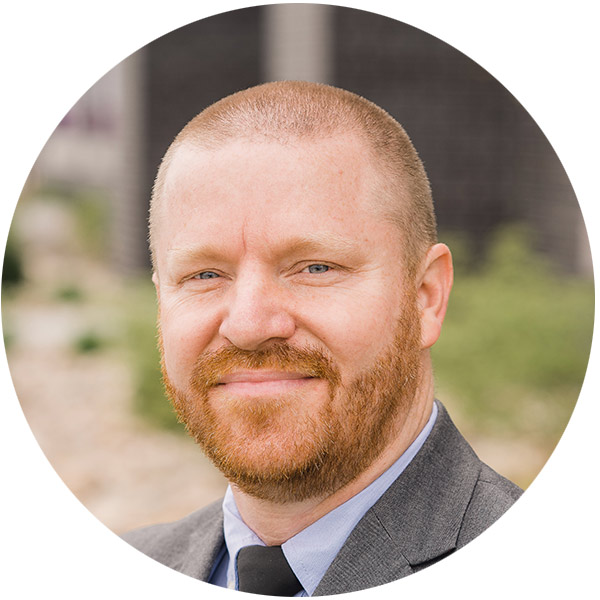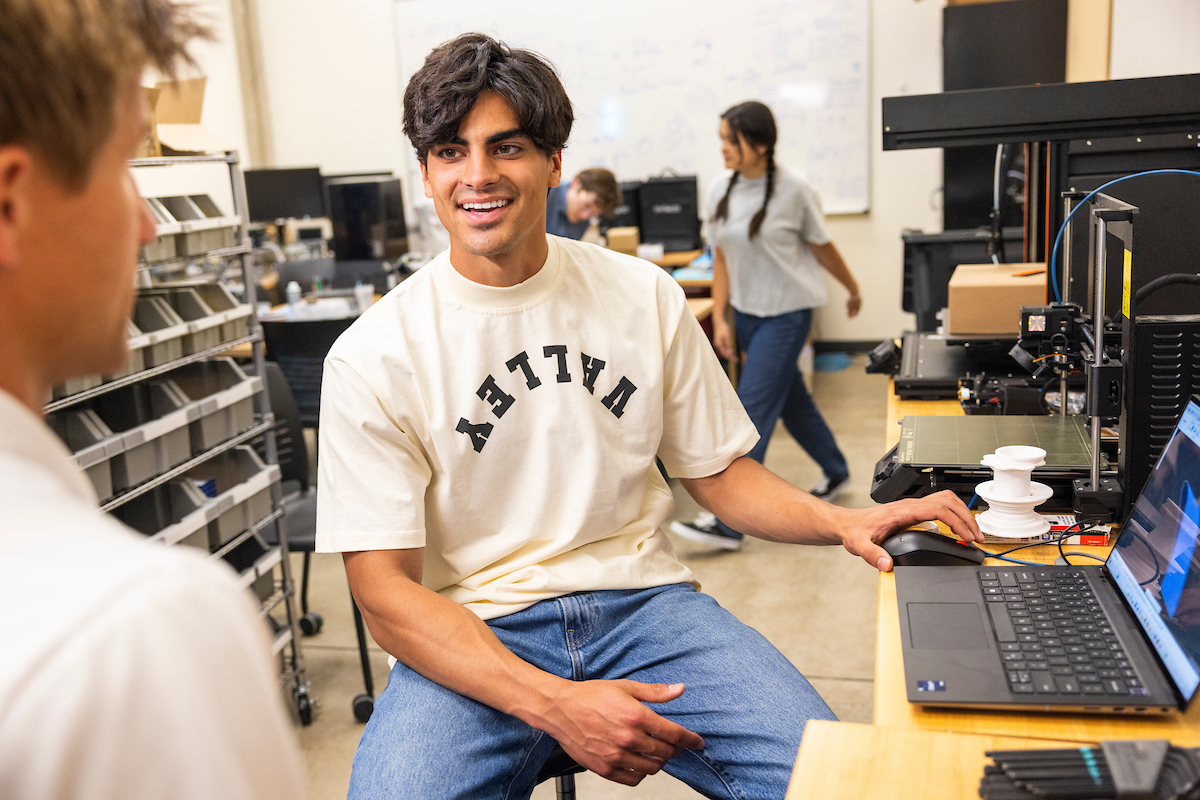This is an item in our Local Government Toolkit.
In addition to public, charter, and private schools, a relatively new type of school is coming to your city — microschools. Like the name suggests, microschools have smaller class sizes and buildings than typical schools.
Here in Utah, there are two types of microschools, each with their own statewide definition:
- Home-based Microschool: a registered business that, for compensation, provides K-12 education services to 16 or fewer students from an individual’s residential dwelling, accessory dwelling unit, or residential property.
- Micro–Education Entity: a registered business that, for compensation, provides K-12 education services to 100 students or fewer.
In the past, some cities have classified these schools as daycare centers, but with the passage of SB 13 in 2024 the state clarified that both types of microschools are their own, distinct type of land use with their own requirements and student limits. For example, a home-based microschool can have up to 16 students as long as they have at least 35 net square feet per student.
Those operating home-based microschools or micro-education entities for compensation will need to:
- Get a business license
- Schedule a fire inspection
- Get a local health department permit only if the home-based microschool will prepare and serve food (as defined by the state health department)
Furthermore, cities have latitude to regulate various aspects of microschools, such as parking, hours of operation, signage, noise, etc. We recommend cities focus on a narrow set of potential issues that affect the neighborhood as a whole, such as those addressed in our model ordinances.
Are you a local elected official and interested in chatting with us more about this topic? Please reach out to us at localgovt@libertas.institute—we’d love to chat!
Resources:
Relevant Libertas Work:
- 2024 SB 13 | Libertas Bill Article






